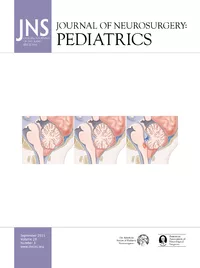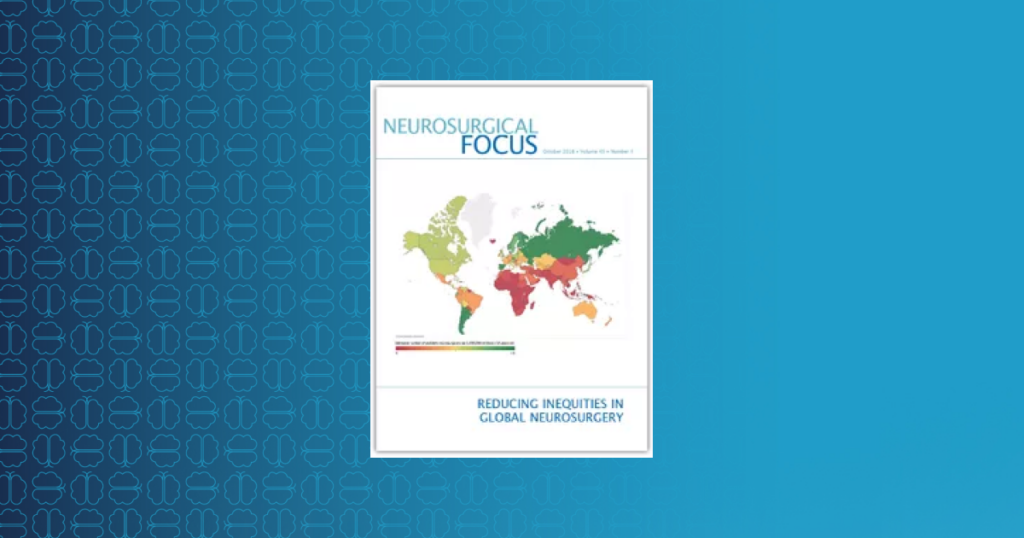Authors: Steven J Schiff, Abhaya V Kulkarni, Edith Mbabazi-Kabachelor, John Mugamba, Peter Ssenyonga, Ruth Donnelly, Jody Levenbach, Vishal Monga, Mallory Peterson, Venkateswararao Cherukuri, Benjamin C Warf

Published in the Journal of Neurosurgery, Pediatrics, July 2021
Page Range: 326–334
Volume/Issue: Volume 28: Issue 3
DOI link: https://doi.org/10.3171/2021.2.PEDS20949
This article in the Journal of Neurosurgery, Pediatrics examines the surgical treatment of infant postinfectious hydrocephalus in Uganda. The authors aimed to determine whether such treatment resulted in sustained, long-term brain growth and improved cognitive outcomes.
The study looked at a single center in Mbale, Uganda, involving infants (age < 180 days old) with postinfectious hydrocephalus randomized to endoscopic third ventriculostomy plus choroid plexus cauterization (ETV+CPC; n = 51) or ventriculoperitoneal shunt (VPS; n = 49). After 2 years, they assessed developmental outcomes and brain volume (raw and normalized for age and sex) with CT scans.
Read the article: Brain growth after surgical treatment for infant postinfectious hydrocephalus in Sub-Saharan Africa: 2-year results of a randomized trial





